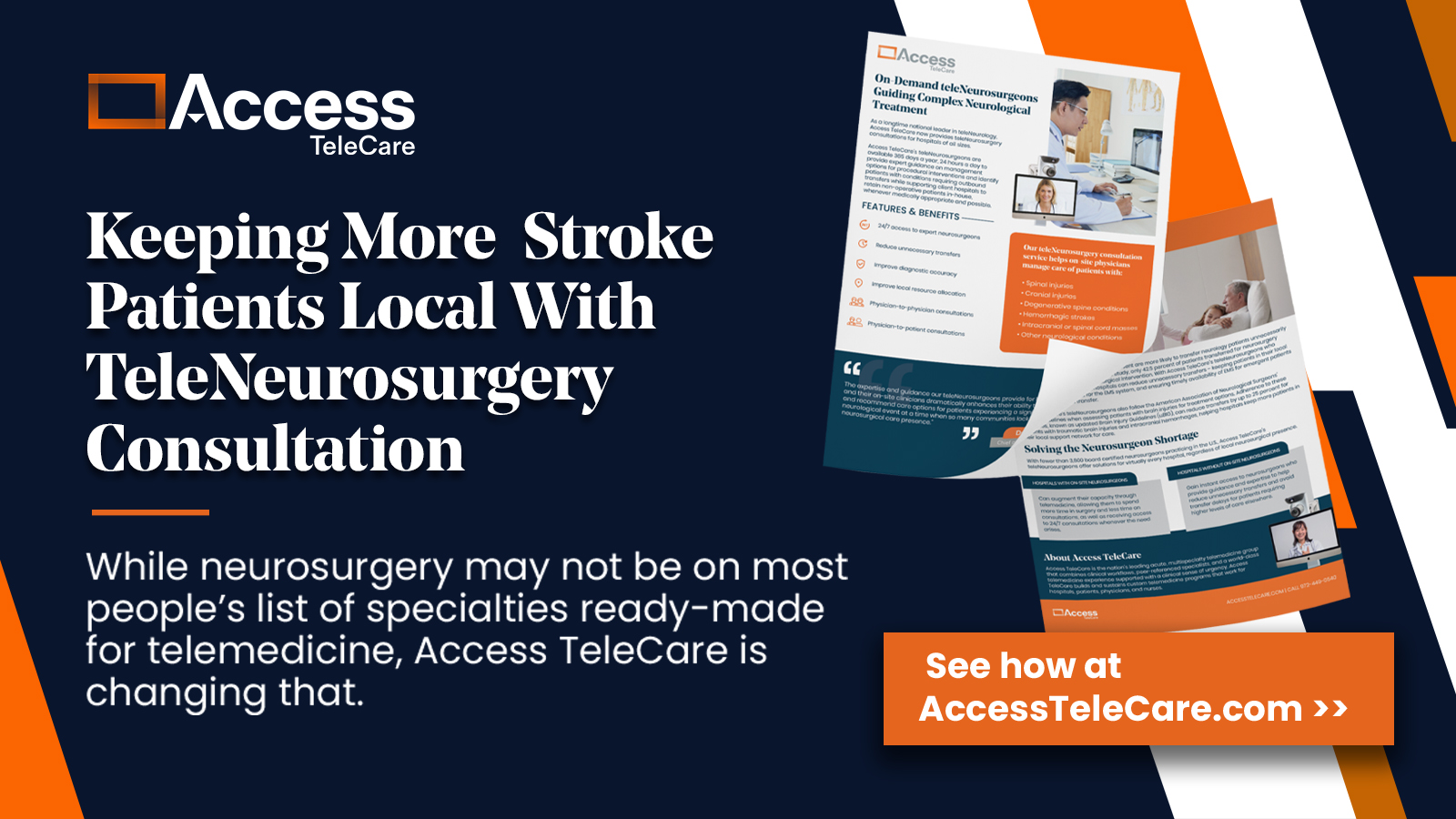Advance Your Neurology Career
with Telemedicine
with Telemedicine
Looking for a telemedicine job in neurology? Check out available opportunities and apply below!
Job Openings
TeleNeurologist
About the Role:
As a TeleNeurologist, you will play a crucial role in providing high-quality neurological care to patients remotely, ensuring they receive timely and effective treatment. Your expertise will be instrumental in diagnosing and managing a variety of neurological conditions through virtual consultations. You will collaborate with a multidisciplinary team to develop comprehensive care plans tailored to each patient’s needs. The position requires a commitment to continuous learning and adaptation to new technologies that enhance patient care. Ultimately, your work will significantly improve patient outcomes and access to specialized neurological services.
Minimum Qualifications:
- Doctor of Medicine (MD) or Doctor of Osteopathy (DO) degree with a specialization in Neurology.
- Board certification in Neurology.
- Valid medical license to practice in the relevant states.
Preferred Qualifications:
- Experience in telemedicine or remote patient care.
- Familiarity with electronic health record (EHR) systems.
- Additional certifications in subspecialties such as epilepsy, stroke, or neurodegenerative diseases.
Start your teleNeurology career today!
Fill out the form below to apply now.
Unique Benefits of Working For Access TeleCare
Why Choose Access TeleCare For A Career in Virtual Neurology?
Learn More About Access TeleCare teleNeurology
Integrated Workflows to Ensure Telemedicine Success
One of Access TeleCare’s key differentiators is full integration of its specialists with a partner hospital’s on-site teams, [...]
Access TeleCare Adds TeleNeurosurgery Consultation to Neurology Service Line
While neurosurgery may not be on most people’s list of specialties ready-made for telemedicine, Access TeleCare is changing that. [...]
Keeping More Post-Thrombolytic Stroke Patients Local With TeleNeurosurgery Consultation
Although the general risk of a hemorrhagic transformation requiring surgical intervention is low following IV thrombolytics administration in the Acute [...]







